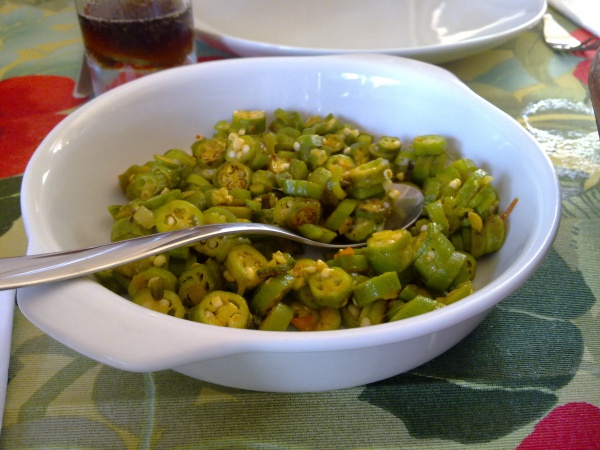Facts About Caruru
Caruru is a cherished traditional dish from Bahia, a state in northeastern Brazil. This flavorful cuisine features okra, onion, shrimp, palm oil, and toasted nuts. Typically, it is enjoyed alongside acarajé, a popular Afro-Brazilian street food made from mashed black-eyed peas fried in palm oil.
The name "Caruru" is believed to have African origins, possibly derived from the word "kalalu" or it might be rooted in the Tupi word "caá-laughu" which means "the eating herb."
Historically, as noted by Guilherme Piso and Von Martius, caruru did not originally include okra. Initially, it was made with a medicinal and edible herb and served as a hearty stew to accompany meat or fish dishes. Over time, the recipe evolved to incorporate okra, chili, dried shrimp, and palm oil, thereby blending African and indigenous Bahian culinary traditions. The use of palm oil, a key ingredient, underscores the dish's African heritage, a connection highlighted by Father Vicente Ferreira Pires during his 18th-century travels in Africa.
Caruru is more than just a dish; it is a delicious testament to the rich cultural tapestry of Bahia.

 French Guiana
French Guiana